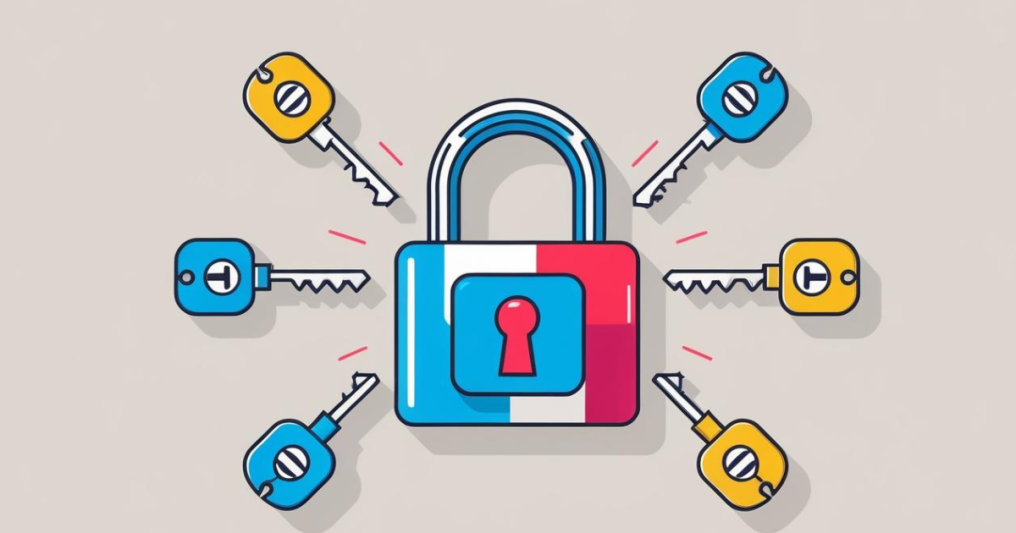For over 15 years, multi-factor authentication (MFA) has played a critical role in how businesses operate securely online. The rise of cloud computing, social media, and mobile apps has made MFA essential for many companies—particularly in regulated industries. However, despite its importance, many users find MFA cumbersome due to its reliance on SMS text or authentication apps.
The good news is that significant changes are coming to the MFA landscape. Let’s explore the latest trends for 2025 and beyond, showing you how to leverage these advancements to maximize security while minimizing inconvenience.
Why you should keep up with the MFA evolution
When it comes to cybersecurity, the threat landscape is ever changing. MFA practices continue to evolve as well. Agencies that evolve along with this technology in 2025 will be able to reap the full benefits of advances like biometrics, adaptive MFA and continuous authentication. Let’s look at each one-by-one.
Believe in biometrics
Arguably, the biggest shift coming down the MFA pike is the rise of biometrics. Biometrics is already a big part of many applications. Anytime fingerprints are used to log in, for example, biometrics is at work. Look for these services to proliferate more quickly, and eventually include vocal and behavioral verification capabilities. Title companies can leverage advanced biometrics to improve security and convenience for their teams and customers. These services offer unique layers of protection without the hassles of managing multiple passwords.
Adaptive MFA is advancing
Another development for agencies to watch out for is adaptive MFA. Today’s MFA requires repeated verification, sometimes as often as during every login. Adaptive MFA streamlines this by analyzing the context. It prompts additional verification only when warranted—such as when a change is detected in a login’s location or device. By reducing unnecessary prompts without compromising security, title agencies can offer a smoother, more user-friendly experience.
Continuous authentication is coming
Perhaps one of the most exciting MFA developments that has a clear applicability for title agencies is continuous authentication. Continuous authentication is closely related to adaptive verification. It takes it one step further, however, by working in the background and constantly assessing factors like typing patterns, device usage and location. This allows it to confirm the user’s identity throughout a given session and detect anomalies in real time. Title agencies can use this technology to improve verification and security experiences.
Protecting transactions
In an age of endless cyber threats, adopting the latest MFA technology is critical for agencies seeking the right balance between security and convenience. In addition to MFA, agents need effective solutions to address fraud risks within transactions. Alliant National’s new identity verification and fraud prevention tool, SecureMyTransaction, for instance, provides validation of identity instruments, as well as bank account and business information, helping to move transactions forward with confidence. Title professionals also benefit from detailed audit trails, simplifying compliance and providing added peace of mind.
Achieve reliable and convenient MFA security MFA technology is an effective, albeit inconvenient, security technology. In an era of remote work and complex technology like cloud networks, it will remain an important part of agencies’ security stacks. The encouraging news is that we are on the cusp of new MFA developments that will ensure better security and improved customer experiences. In the end, that will enable the type of smooth, swift transactions that both customers and agents appreciate.



